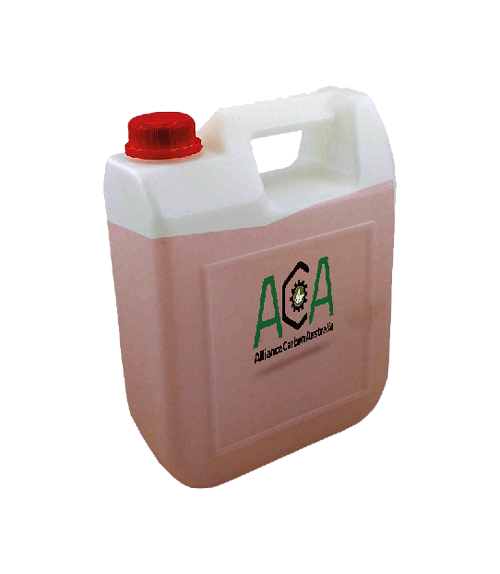History:
The use of this substance in ancient times for various purposes such as medicine, food, and agriculture was widespread in a limited way in certain geographical areas. In the middle of the 16th century, Johann Rudolph Glaber, a German chemist, was able to evaluate this substance professionally. But the most common use at that time was as food or to treat wounds and diseases. From the beginning of the 19th century, the use of this product became very popular, but it was used to flavour food products. At the end of the nineteenth century, with extensive research on this substance, scientists realized the significant impact of this product in the field of agricultural products, and as a result, the use of wood vinegar for agricultural purposes has become very prosperous in developed countries such as Japan, Australia, and the United States of America.
The performance of wood vinegar
Wood vinegar increases the ability of plants to absorb nutrients from the soil as well as the ability of their defence system. Since this substance is obtained from wood decay, it also contains nutrients needed by the plant and enriches the soil, so its use not only increases the quality of the soil and eliminates soil pests but also benefits the roots of the plant. It strengthens and increases the absorptive power of the root, causes injury to the branches, stems, and leaves, and also accelerates seed germination and plant growth. The fruits of the trees that use wood vinegar are larger, bolder, sweeter, and last longer. Due to the high penetration ability of compounds such as alcohol, ketone, and aldehyde, by adding wood vinegar to the leaves of plants, this product is quickly absorbed by the plant.
This product is 100% organic, non-toxic, and completely biodegradable. Wood vinegar can reduce the amount of water required by one third and thus increase the plant’s resistance to dehydration. Using wood vinegar reduces the need for fertiliser and also speeds up the effect of fertiliser on the plant. Adding it to animal manure removes its bad smell and facilitates the composting process.
In short, it can be concluded that wood vinegar is a rich organic liquid with high density and reasonable commercial costs that fits the existing supply chain and farm infrastructure. This product is an organic and sustainable food source that reduces dependence on expensive chemical companies.
Other uses of this product
The use of wood vinegar as an additive in animal feed increases the quality and taste of meat; wood vinegar is also a regulator of the animal’s digestive system, which results in a better use of nutrients in the feed and, as a result, reduces the need for animal feed. Gives.
One of the unique characteristics of wood vinegar is that it plays the role of a strong but completely harmless and organic agricultural poison, repelling insects and pests from the plant, preventing the spread of fungal, bacterial, and viral diseases to the plant. At the same time, the absence of an unpleasant smell in this product emphasises the role of wood vinegar as an effective and organic poison. Therefore, its natural content and reasonable price make it a good alternative to pesticides and chemical fertilizers.
This substance has many benefits for agricultural products, therefore, we will introduce you to its unique benefits for plants.
Increasing the defence system of plants:
The use of this substance increases the ability of plants to absorb food from the soil, and as a result, it will increase the defense system of plants.
Soil enrichment:
Because this substance is the result of wood destruction, it contains plant nutrients and helps enrich the soil. Therefore, the use of this material, in addition to increasing the quality of the soil, eliminates soil pests.
Increasing plant resistance to water:
The use of this substance will reduce the need for water and make the plant more resistant to dehydration.
Reducing the need for fertilizer:
Using this substance reduces the need for fertiliser and also helps to speed up the effect of fertiliser on the plant. Also, adding it to animal manure will eliminate its bad smell and make the compost process easier.
Another use of this substance
• Strengthening plant roots
• Increasing the absorption power of the root
• Wounding of stems, leaves, and branches
• Increasing the growth rate of the plant
• Obtaining a large, colorful, and sweet product
• Production of quality and safe crops
• Being safe for the environment, humans, animals, and plants

